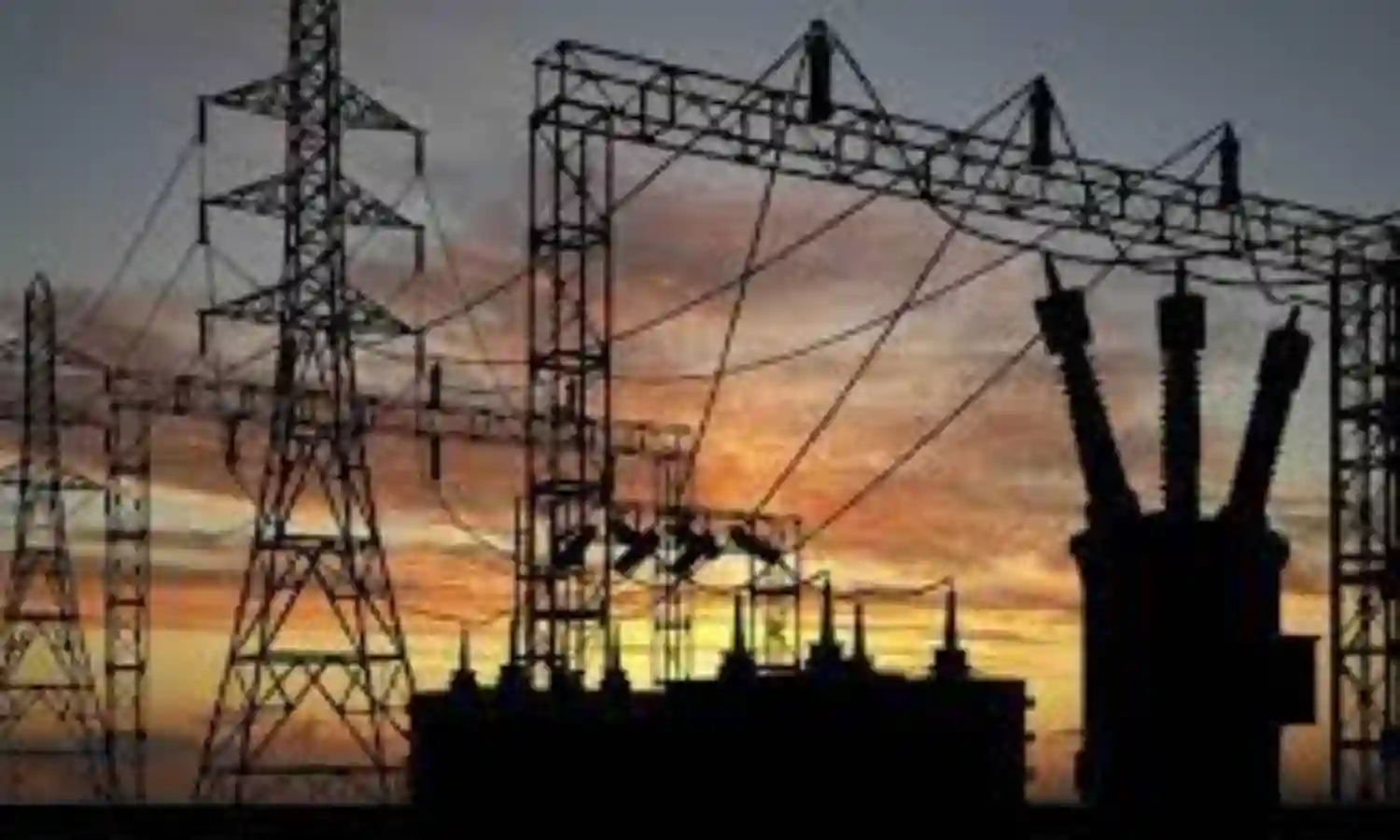Benefits, challenges of transfer of electricity regulatory oversight to states – Experts
The experts also noted that effective implementation of the policy would be crucial to achieving improved efficiency, increased investments and enhanced service delivery in the power sector.;

Experts in the power sector have highlighted the likely benefits and challenges of the moves by the Federal Government to shift electricity regulatory oversight to states.
The experts expressed their opinions in separate interviews with the newsmen in Ibadan on Tuesday.
According to them, the overall success of the move by the federal government will depend on the ability of state governments to establish robust regulatory frameworks, build capacity and ensure proper coordination.
The experts also noted that effective implementation of the policy would be crucial to achieving improved efficiency, increased investments and enhanced service delivery in the power sector.
In his submission, the Chairman, Nigerian Institute of Electrical and Electronic Engineers (NIEEE), Ibadan chapter, Babatunde Ogunpaimo, said that the move would result in significant development in the power sector, with both the potential benefits and the challenges.
Ogunpaimo said that the policy was in alignment with the principle of decentralisation which would allow state governments to have more control over the energy sector and make decisions relating to their specific needs.
“With this development, state governments may be better positioned to respond to local electricity challenges and opportunities, thus resulting in more efficient regulation and improved service delivery.
“With regulatory oversight at the state level, local investors may be more inclined to invest in electricity generation and distribution, thereby promoting economic growth and development,” he said.
Ogunpaimo, however, stated that states would need to build capacity and expertise in electricity regulation, which could be a challenge, particularly for smaller states.
“With state governments regulating electricity, there may be concerns about consistency and coordination which may eventually lead to a fragmented electricity market.
“There may also be political pressure to influence regulatory decisions, which could compromise the efficiency and effectiveness of the regulatory framework,” he said.
In the same vein, the Vice-President of Nigerian Society of Engineers (NSE), Ademola Agoro, said that the initiative could lead to investments which could make each state to grow at its own pace in the quest for stable power supply.
“Presently, all the states in Nigeria get supply from the national grid.
“Government is trying to decentralise because the grid supply is not enough and the country lacks enough investments in the transmission grid.
“Once the federal government shifts electricity regulatory oversight to states, they (states) will be able to generate and supply electricity within their respective jurisdictions. This will, no doubt, boost industrialization in the states.
“If the policy is properly implemented, some states will have excess power from their generation companies, which can resell to the grid,” he said.
Also, the Principal Partner, Utilities Consumers’ Rights Advocacy Initiative, Mr Shadrack Akinbodunse, urged federal government to provide an enabling framework and guidelines for states for the smoothen their regulatory oversight.
“Since the Electricity Act had been signed into law, there should not be any hindrance in transferring the regulatory oversight of the sector to states.
“The act has put the sector on concurrent list, thus opening doors for all-inclusive participations without any hindrance.
“The initiative will bring large transformation to Nigeria’s power sector once the issue of inter-states and inter- boundaries connections are properly handled and sorted out by national regulatory agencies.
Supreme News reports that the Minister of Power, Chief Bayo Adelabu, had, at a recent stakeholders’ workshop on the implementation of the electricity act, said the federal government was continuing with its earlier stance on transferring electricity regulatory oversight to states.
Supreme News also reports that the workshop, held on May 20 in Lagos, was organised by Nigerian Electricity Regulatory Commission (NERC).

